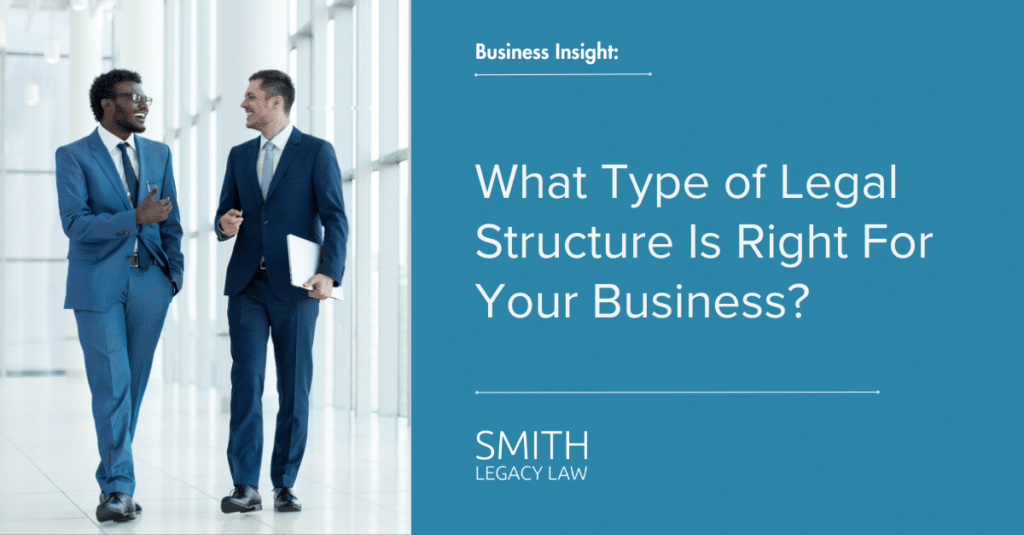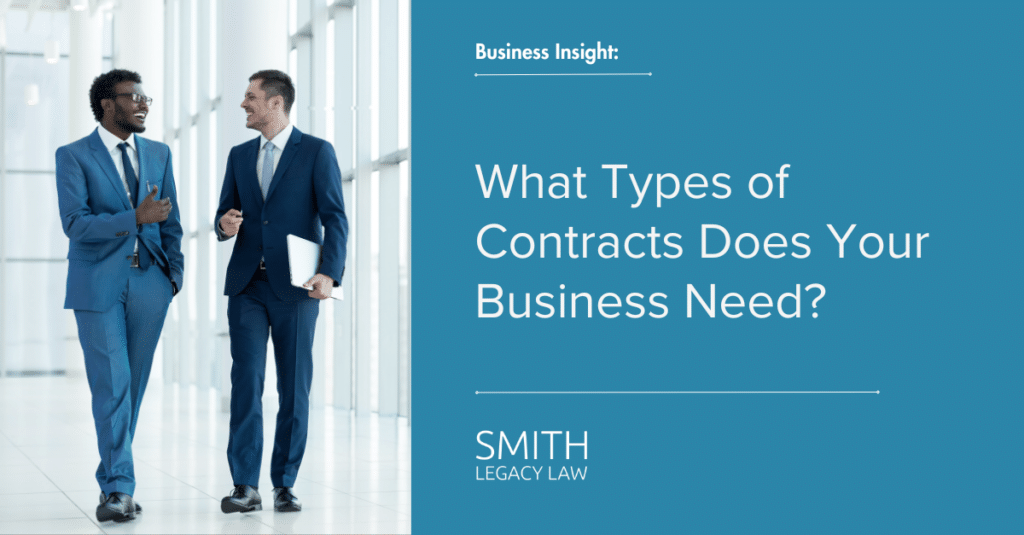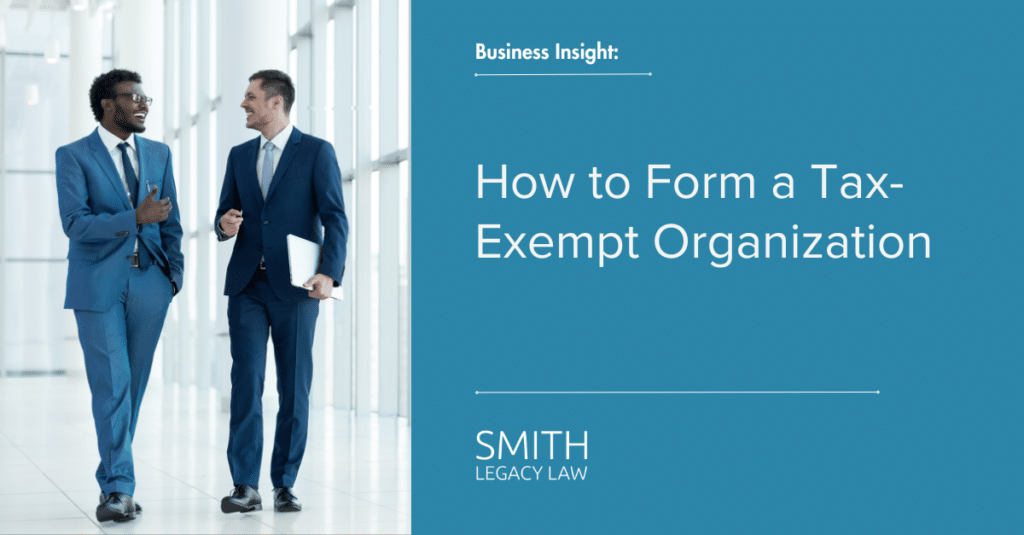What is Fiduciary Accounting?
A fiduciary, such as the executor of an estate or trustee of a trust, is in a position of power and control over the estate or trust. As such, a fiduciary has certain legal duties to the beneficiaries of the estate or trust. One of the key responsibilities of the...
What Type of Legal Structure Is Right For Your Business?
When you start a business, one of the first decisions you must make is what type of legal structure is right for your business. There are different types of legal entities, including sole proprietorships, partnerships, limited liability companies (LLCs), limited...
What Regulations Apply to Your Business?
All businesses are subject to regulations imposed by federal, state, and local governmental agencies. However, the rules that apply to a specific business can vary depending on the type of business and its size, location, and other factors. As a result, obtaining...
What Types of Contracts Does Your Business Need?
Contracts are a part of everything your business does. They are integral to the goods, services, people, and places you need to operate your company, as well as the products and services you provide to others. However, small businesses often fail to invest in...
Probate and Estate Administration Tips: What Steps Must Be Taken to Close the Estate?
If you are named as an executor or administrator of an estate, it is your responsibility to manage and close the estate. This is a complicated process that begins with filing a petition with the Probate Court as discussed in our prior blog post, Probate and Estate...
How to Form a Tax-Exempt Organization
There are two key components if you want to form a tax-exempt organization, also known as a nonprofit. The first is applying for tax-exempt status. The second is choosing the structure of your organization. Both of these require understanding federal tax law....





